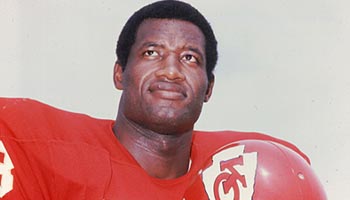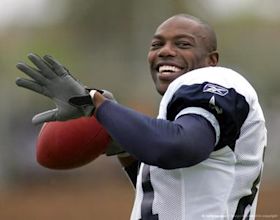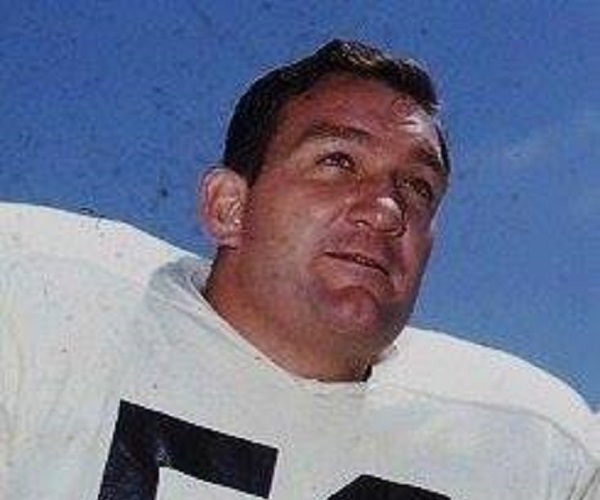Living in a society marred by racial segregation, Bell confronted numerous hurdles in his personal and athletic life. Nevertheless, he remained undeterred by these challenges. From an early age, his passion for sports was unmistakable. Faced with limited opportunities and resources typically afforded to African American athletes in the South during the 1950s, Bell still managed to excel in football, basketball, and track and field. His resolute spirit and skill caught the eye of talent scouts, leading him to the University of Minnesota. There, he shattered racial boundaries by becoming one of the pioneering African American athletes to play for the Gophers’ football squad.
Collegiate Success :
At the University of Minnesota, Bell’s athletic prowess was on full display. While he was primarily known for his defensive skills, his versatility allowed him to excel in various positions including guard, linebacker, and even quarterback. Such agility and athleticism in a 6’4″ and 228-pound frame were rare for his era. This earned him the prestigious Outland Trophy in 1962, an award given annually to the nation’s best interior lineman. His performance at the collegiate level not only made him a household name but also set the stage for an awe-inspiring professional career.
A Star in the AFL and NFL :
Bell was drafted by both the National Football League (NFL) and the American Football League (AFL) in 1963. Opting for the AFL’s Kansas City Chiefs, he became an essential part of the team’s defense. The Chiefs recognized his versatility early on, switching him to linebacker—a decision that would prove to be incredibly fruitful. Over his 12-season career with the Chiefs, Bell amassed an incredible set of statistics, including 26 interceptions, 40 quarterback sacks, and six touchdowns.
Versatility as a Hallmark :
What set Bobby Bell apart was his unparalleled versatility. He was not merely a defensive juggernaut; he was an all-around player capable of impacting the game in multiple ways. His unique blend of size, speed, and technical skills made him a nightmare for opponents. In an era when specialization started to define player roles, Bell was a throwback to an older, more flexible style of play. Coaches could place him in multiple positions, confident that he would deliver standout performances time and time again.
Career Highlights and Accolades :
Among Bell’s career highlights are the multiple Pro Bowl and All-Pro selections. His most cherished achievement, however, must be winning Super Bowl IV with the Chiefs, following the 1969 NFL season. Bell’s performance in the Super Bowl further solidified his reputation as one of the best defensive players of all time. In 1983, Bell received the ultimate recognition for his contributions to the sport: an induction into the Pro Football Hall of Fame.
Breaking Barriers :
Beyond his on-field exploits, Bell’s significance lies in the barriers he broke. His success on the field made it impossible to ignore the inequities that existed of it. Through his exceptional talent and quiet determination, he helped challenge the stereotypes that had long been associated with African American athletes in a predominantly white sport. His successful transition from college to professional football opened doors for countless others, effectively altering the landscape of American football forever.
Life After Football :
Retirement didn’t slow Bobby Bell down; he continued to be active in various philanthropic endeavors and football-related activities. Most notably, he fulfilled a lifelong dream by completing his degree at the University of Minnesota at the age of 74. This accomplishment underscored his belief in the power of education, a message he often shared with young athletes.
Legacy :
Bobby Bell’s story is a rich tapestry of determination, skill, and advocacy. As one of the first African American stars in both college and professional football, he navigated through social and racial obstacles to carve a path for those who would follow. His on-field accomplishments were spectacular, but his impact extended far beyond tackles and interceptions. He became a symbol of what could be achieved when talent is given a chance to flourish, regardless of color or background.
Bobby Bell’s legacy is not just that of a great football player but of a trailblazer, an educator, and a philanthropist. His journey—from a young boy in the segregated South to a Pro Football Hall of Famer—is a narrative that deserves to be told, studied, and celebrated.
In the pantheon of football greats, Bobby Bell occupies a place of honor. His exceptional skills, versatile playing style, and pioneering spirit embody the best of what American football offers: a blend of talent, tenacity, and the power to transform lives and break barriers. Truly, Bobby Bell is not just a football legend; he is an American hero.





Legend of the game.